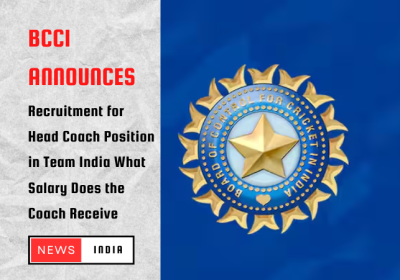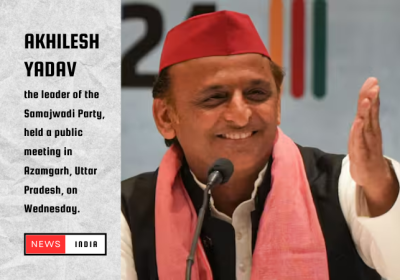The Supreme Court has recently dismissed demands to revert to ballot paper voting and conduct a 100% guarantee of votes cast through electronic voting machines (EVMs) via Voter Verified Paper Audit Trail (VVPAT).
- By --
- Friday, 26 Apr, 2024
Advocate Prashant Bhushan, representing the principal petitioner, Association for Democratic Reforms, had presented three key demands:
- The reintroduction of paper ballots
- Handing VVPAT slips directly to voters for placement in a designated box
- Ensuring complete transparency of the VVPAT box
Additionally, another petitioner, senior advocate Sanjay Hegde, proposed a system to print barcodes on VVPAT slips for expedited counting. The Election Commission, which was a party to the case and represented by senior lawyer Maninder Singh, countered these demands, highlighting the transparency and security measures in EVM handling and emphasizing the impracticality of reverting to paper ballots given India's vast population.
In its ruling, the Supreme Court not only rejected the petitions but also suggested, in a spirit of openness to innovative solutions, that the Election Commission explore the possibility of printing barcodes on VVPAT slips. This consideration of alternative solutions underscores the Court's commitment to a fair and translucent electoral process.
Furthermore, the Court mandated two measures to ensure a fair and transparent electoral process: sealing the symbol loading unit for 45 days post-election, a move aimed at preventing tampering with the EVMs and allowing second—or third-ranked candidates to demand re-verification within seven days of results, with the petitioner bearing the cost and reimbursement provided for proven irregularities. These measures are significant steps towards maintaining the integrity of the electoral process.
The Court, firm believers in the robustness of the current electoral system, emphasized once again the need to quell unwarranted skepticism toward EVMs. It underlined that unless substantial evidence against them is presented, the current system should prevail for the benefit of the nation's citizens, thereby fostering trust in the process.
Also Read :
- The ongoing second phase of the Lok Sabha Elections 2024, a testament to our vibrant democracy, has seen a significant voter turnout in West Bengal and Chhattisgarh.
- Ajit Doval, the NSA of India, and Russia's NSA Nikolai Patrushev held a series of significant meetings, marking the second time they have met within a month.
- Lok Sabha Elections 2024: How to Check Your Voter ID Card Details via Mobile SMS
- Narendra Modi's and Congress leader Rahul Gandhi's alleged violation of the 'Model Code of Conduct' (MCC) during the Lok Sabha Election 2024, a matter of significant concern.
- Could Pakistan face a significant downfall by 2033 due to its possession of nuclear weapons?
- Naima Khatoon has written history at Aligarh Muslim University (AMU) by becoming its first female Vice Chancellor in a century.
- Abhishek Banerjee was safe from a potential attack in Bengal as the police arrested terrorists who were doing a recce outside his house.
- 'Even 5 Years Is Not Enough', Firmly Rejects Plea for a Three-Year Bachelor's Degree in Law
- Madhavi Lata clarified that she is not against Muslims in regard to the incident where she allegedly shot an "arrow" at a group of Muslims.
- Lok Sabha Election 2024 :

.png)




